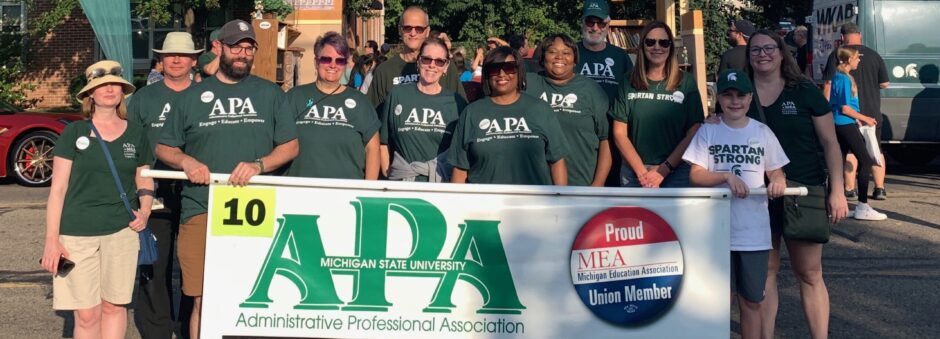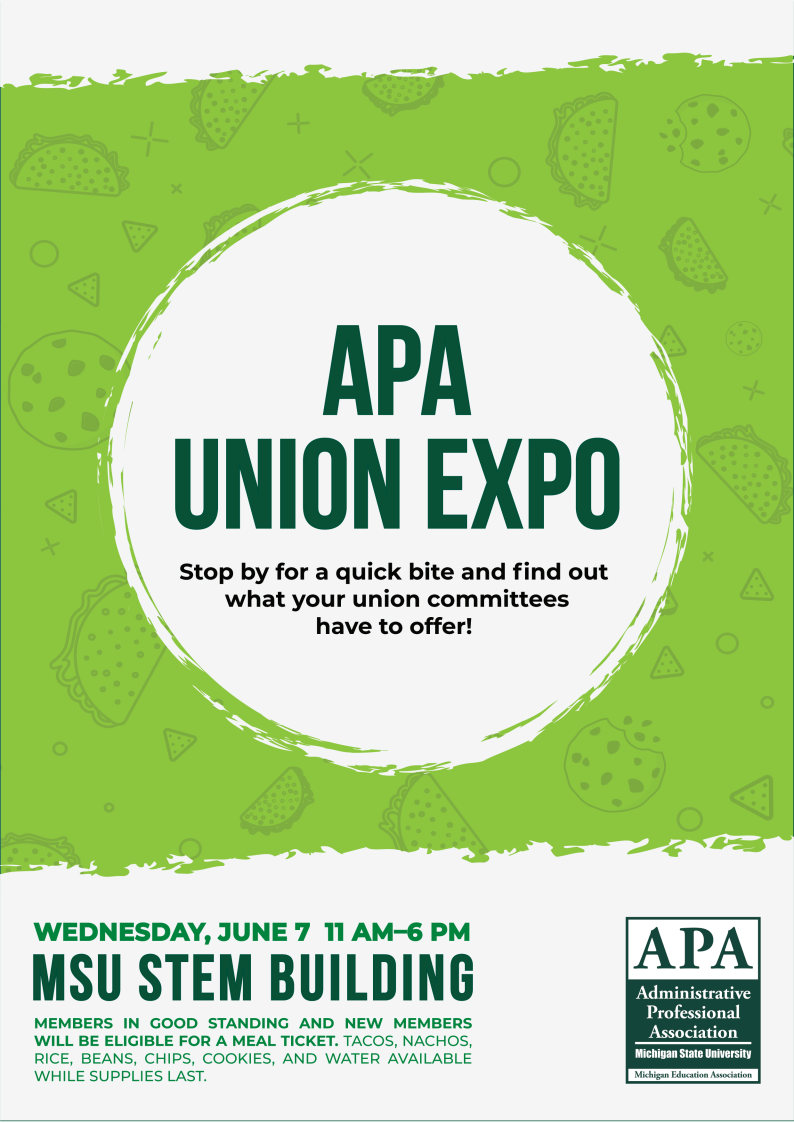By Martin McDonough
Contract Negotiations, it’s all about you.
No labor benefit was ever achieved without a fight. The benefits we have are the results of previous contract negotiations. Our current Collective Bargaining Agreement (CBA) expires on September 30, 2023. Prior to that date, we will be negotiating a successor agreement. That process starts with the creation of a Negotiations Committee. Recently, we asked members who was interested in being part of that committee. We received several responses and many of those names were brought before the APA Executive Committee for approval.
The duties of that Negotiations Committee are stated in our bylaws under Article VII. The committee is charged with the following.
- Survey the membership
- Conduct open hearings
- Assist the Negotiations Team (Bargaining Team) in determining proposal priorities
- Assist in research
- Assist in communications
- Provide crisis assistance when necessary
- Perform other negotiations-related duties at the direction of the Negotiations Team (Bargaining Team) or the Executive Board
The primary goal of the Negotiations Committee is to hear from our members about their concerns. In the past, the APA has used surveys and in-person town hall meetings. In the post COVID world, we will explore other options as well. What we hear from members creates the backbone of our proposals at the bargaining table. When it all comes down, this is about our members and their voice.
From the Negotiations Committee, nine members (7 plus 2 alternates) will be selected and presented to the APA Executive Board for concurrence. This will then be the APA Bargaining Team.
The Bargaining Team initially works with the Negotiations Committee to start developing proposals. The Bargaining Team will then fine tune them into a strategy. That strategy is not shared during active bargaining to maintain confidentiality. The results of the member surveys are part of the strategy and they will be revealed once the process is completed with a ratified tentative agreement. We cannot show our playbook while the process continues.
The process of bargaining is a back and forth of proposals and counterproposals. The solution is often a result of give and take with each side able to achieve important goals. When the bargaining gets to the point where both sides feel they have what is called a “tentative agreement’, that agreement is then brought to the membership for their approval through a ratification vote. If a majority of the voting members approve the agreement, it is ratified, and the Bargaining Team will sign it. If it is not ratified, the Bargaining Team will reach out to the membership to understand the concerns and they will return to the bargaining table to explore ways to work out the concerns. This is a basic framework of the upcoming negotiations process. If you have questions, please contact us. If you have not provided us an email address that is not an MSU email, please do so, that we can provide occasional updates.
In the near future, you will see a variety of opportunities where your voice could mold your work environment. Only dues-paying members have their voice at the bargaining table. This is a time that being a paid member of the APA makes a direct difference. This about you and for you.
In Solidarity


